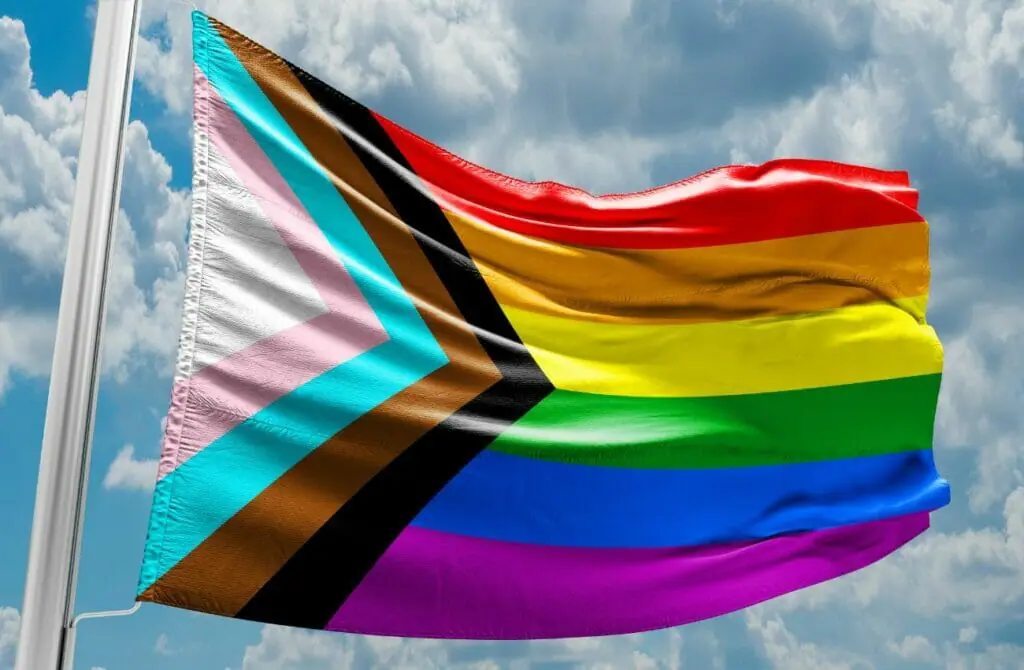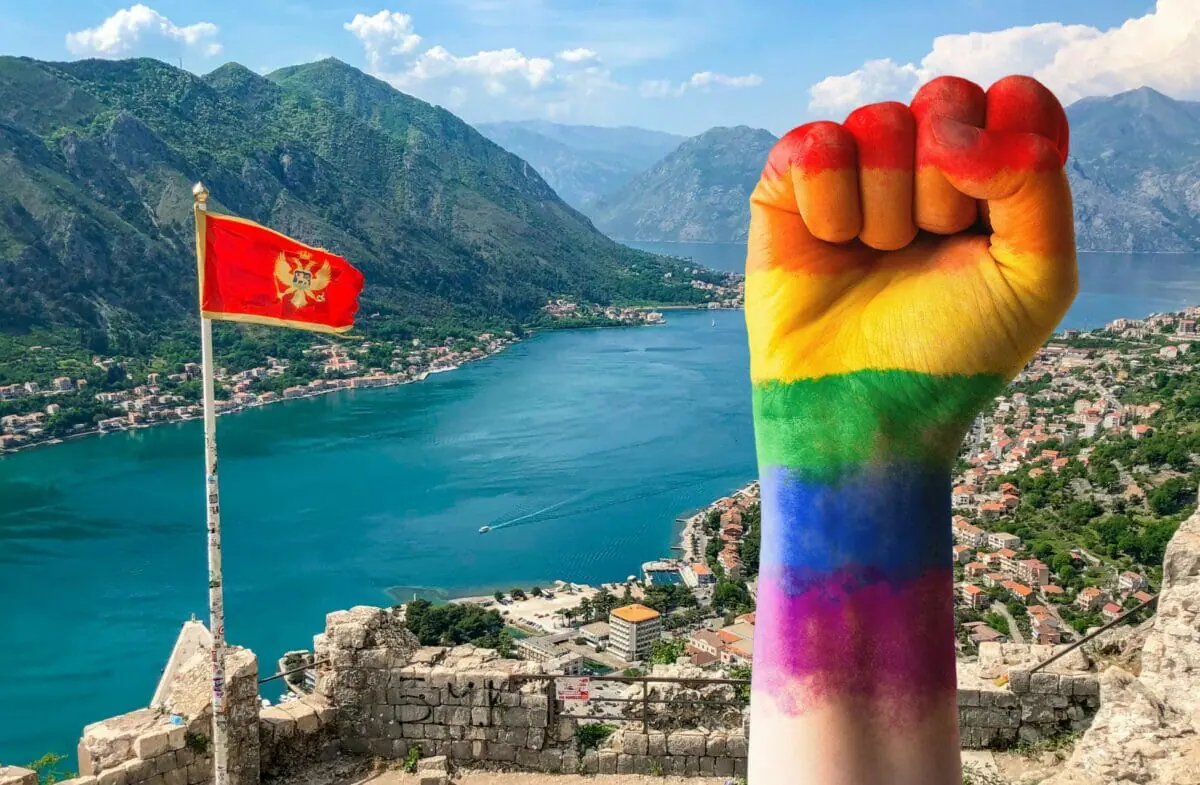LGBT rights in Montenegro have seen significant progress in recent years, with the country becoming the first in the Western Balkans to legally recognize same-sex partnerships in 2020. However, societal resistance to LGBTQ+ rights still persists, and there remains a notable difference in the experience of local LGBTQ+ residents and tourists visiting Montenegro.
While the country may seem more accepting and open to LGBTQ+ visitors, the everyday life of local LGBTQ+ individuals may still involve hurdles to overcome.
For LGBTQ+ tourists, it is advised to remain cautious and vigilant while visiting Montenegro. The situation in the country can change quickly, and, like in every country, there could be individuals with ill intentions. Therefore, it is crucial to consult up-to-date information about the local LGBTQ+ climate and potential safety concerns before traveling. Familiarize yourself with local laws and customs to ensure a safe and enjoyable experience.
To protect LGBTQ+ individuals, both locals and tourists, steps should be taken to increase awareness of LGBTQ+ rights and promote understanding and acceptance within society. Supporting local LGBTQ+ organizations, staying informed, and advocating for change can improve the overall situation, making Montenegro a safer and more inclusive destination for everyone. Remember that information can become outdated quickly; always seek current advice before making travel decisions.
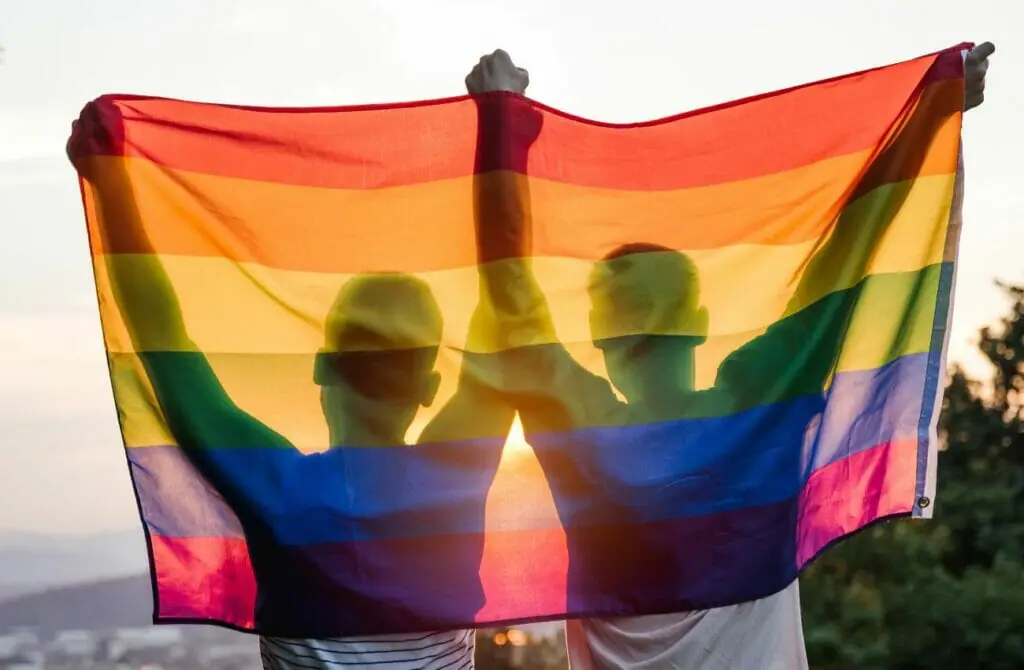
History Of LGBT Rights In Montenegro
Montenegro has made significant progress in recent years regarding LGBT rights. In 2010, the government prohibited discrimination on the grounds of sexual orientation and gender identity. Since then, several other legal advancements have occurred.
On June 1, 2020, Montenegro’s parliament adopted a law on life partnerships for same-sex couples, making Montenegro the first country in its region to legally recognize same-sex partnerships. The first same-sex life partnership was registered in Budva on July 25, 2021.
While the country has seen advancements in legislation, it is essential for both locals and tourists to understand the social attitudes in the area. Local LGBT individuals may still face discrimination and stigmatization, but Montenegro is generally a safe destination for LGBT tourists. However, it is vital to remain cautious, discreet, and respectful of social norms, as situations can change quickly.
To protect oneself, it is essential to stay informed about the current LGBT rights situation in Montenegro. Travelers should seek advice from local LGBT organizations and connect with others in the community. Online resources and forums can provide recent information and updates about LGBT rights developments and events in the country.
It is also crucial for all individuals, both local and visiting, to remain vigilant. Despite legal progress, there can still be bad actors in any country, and it is crucial to prioritize personal safety. Travelers should stick to well-known LGBT-friendly venues and avoid engaging in public displays of affection, as this can sometimes provoke negative reactions from locals.
In conclusion, while Montenegro has made significant strides in advancing LGBT rights, it is still essential to stay informed and exercise caution. Legal progress does not entirely reflect social attitudes or guarantee safety, so individuals should rely on up-to-date information and local connections to ensure their well-being.
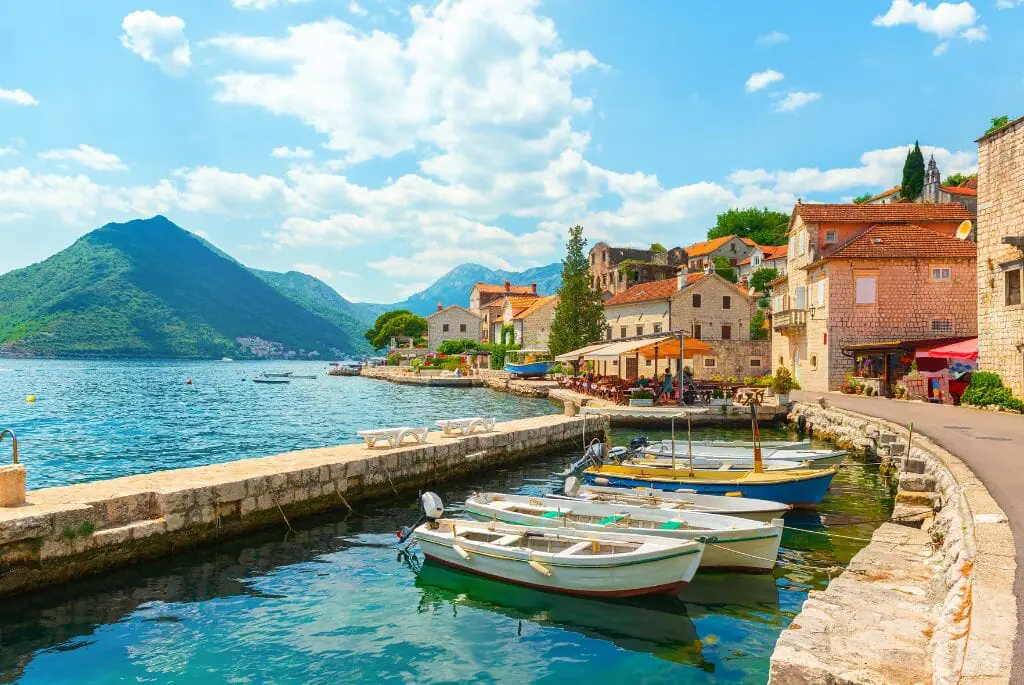

The LGBT Current Situation In Montenegro
Montenegro has made significant progress in recent years regarding LGBT rights. On June 1, 2020, the country’s parliament adopted a law on life partnership for same-sex couples, making Montenegro the first country in the Western Balkans to legally recognize same-sex marriage. The law came into force on July 15, 2021.
However, societal resistance to LGBTQ+ rights still exists, with recent studies indicating considerable opposition to the rights within the country. This resistance has resulted in discrimination and violence towards LGBT people and a lack of trust in institutions. In turn, this has led to underreporting of violence and discrimination cases.
For tourists visiting Montenegro, it is essential to be aware of the local situation and potential risks. Although the government has taken steps to recognize and protect the rights of the LGBT community, societal attitudes may differ significantly from those in your home country. Exercise caution and discretion in public, particularly regarding displays of affection, to mitigate potential risks.
To protect yourself while traveling in Montenegro or any other country, always remain vigilant and be aware that situations change rapidly. Seek current advice before traveling and maintain a low profile to minimize the risk of attracting negative attention from people who may harbor prejudice against the LGBT community. Be mindful of local customs and cultural sensitivities to facilitate a safer and more enjoyable travel experience.
In conclusion, while Montenegro has made significant strides in recognizing LGBT rights, it is crucial to stay updated on the current situation and exercise caution when necessary.
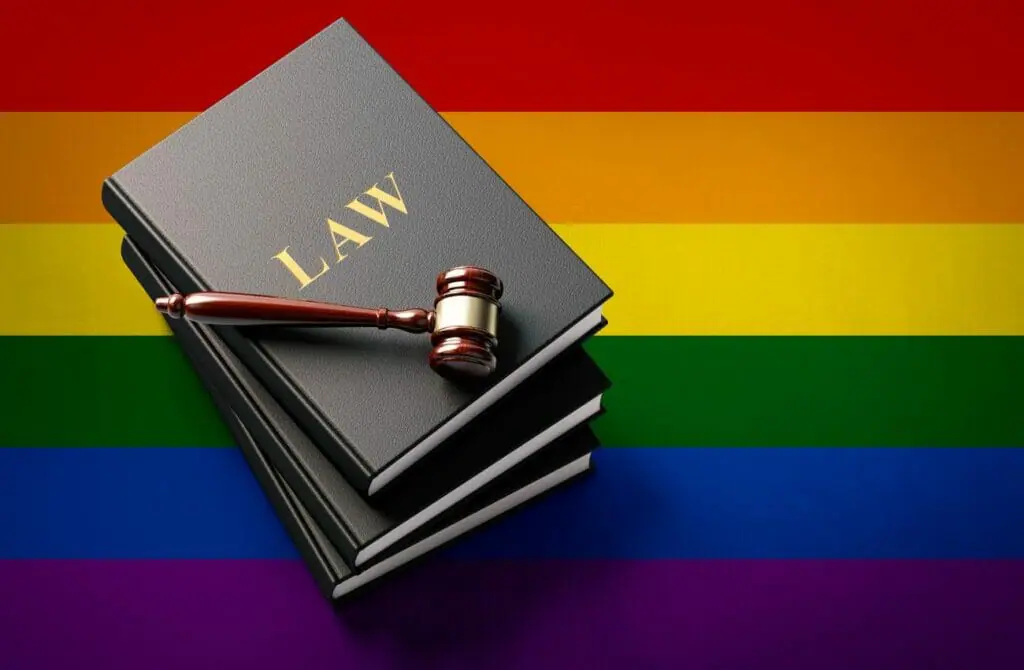

The Future For The Queer Community In Montenegro
In recent years, Montenegro has made significant progress in terms of legal recognition for LGBTQI+ individuals. The country enacted a law on life partnership for same-sex couples on July 15, 2021, becoming the first country in the Western Balkans to legally recognize same-sex partnerships. However, societal resistance to LGBTQI+ rights remains a challenge.
For local LGBTQI+ individuals, advancements in legal recognition provide a foundation for improved rights and protections. Yet, it is essential for the Montenegrin government to continue working on fostering understanding and acceptance in society to create a more inclusive environment for everyone.
Tourists visiting Montenegro, including LGBTQI+ travelers, generally experience a hospitable environment. However, it is always important to be aware of the cultural context and act with discretion, especially in more conservative areas. If necessary, travelers can take precautionary measures, such as researching LGBTQI+-friendly accommodations and sites, being mindful of public displays of affection, and connecting with local LGBTQI+ organizations for support and guidance.
Situations can change rapidly, and information can become outdated, so it’s crucial to seek current advice before traveling. Staying informed and vigilant will help ensure a safe and enjoyable experience for all visitors to Montenegro.
Continued progress in the area of LGBT rights in Montenegro will require ongoing efforts from both the government and local organizations. While legal recognition has been achieved, there is still work to be done in terms of changing societal attitudes and ensuring that all citizens enjoy equal rights and protections, regardless of their sexual orientation or gender identity.
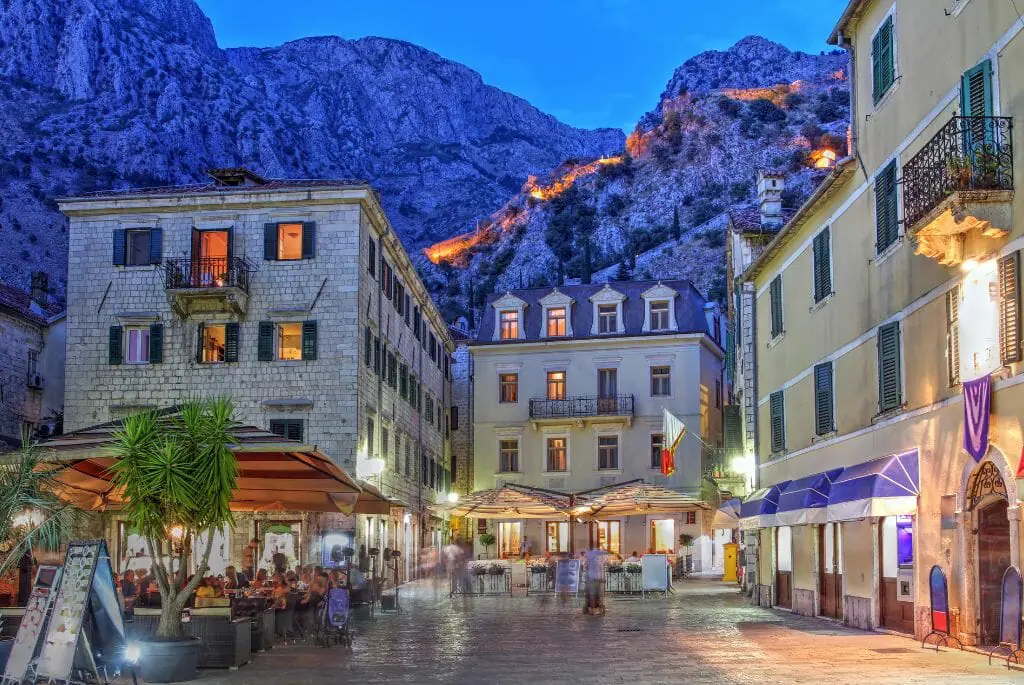
Protect Yourself While Travelling In Gay Montenegro
LGBT rights in Montenegro have seen progressive developments in recent years, especially with the legalization of same-sex life partnerships in 2020. However, the everyday life and acceptance of the LGBT community may differ significantly between locals and tourists.
As a tourist, you might experience a more tolerant atmosphere in popular areas and during major events, such as pride parades, where openness is often more prevalent. Regardless, it is vital to exercise caution, as there are individuals in Montenegro who may hold discriminatory views.
In order to protect oneself while visiting Montenegro:
- Stay updated about the local situation by seeking current advice and information regarding LGBT rights and the social climate in Montenegro.
- Avoid public displays of affection, especially in rural areas or small towns where there might be less acceptance and understanding.
- Reach out to local LGBTQI+ groups, as they can offer valuable insight into safe spaces, events, and services during your stay.
- Use discretion when discussing your sexual orientation or gender identity with local people, as it might not always be well-received.
- Report any incidents of discrimination, harassment, or violence to the local authorities and seek help if necessary.
It is essential to remember that situations can change quickly, and the information provided here might become dated. Before your trip, always seek updated advice and stay aware of your surroundings while in Montenegro. Being vigilant ensures that your visit is enjoyable and safe.
